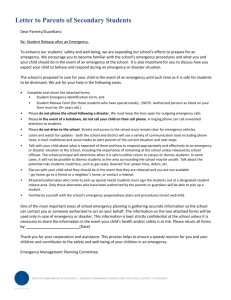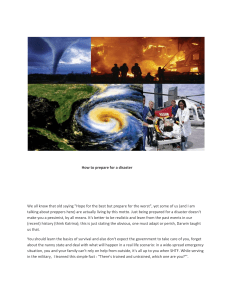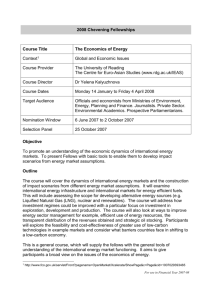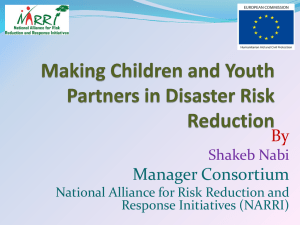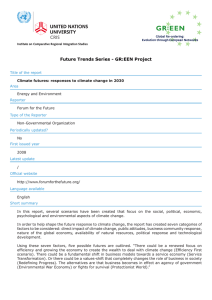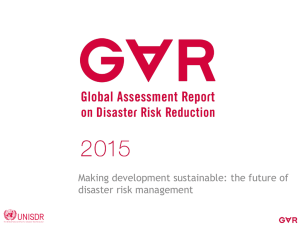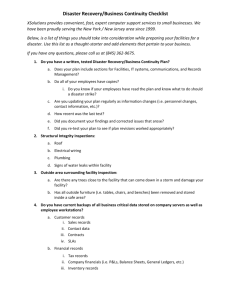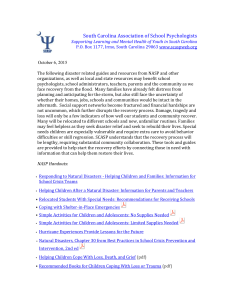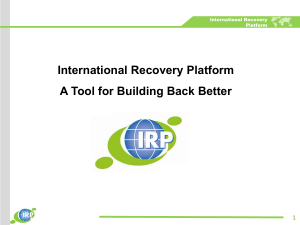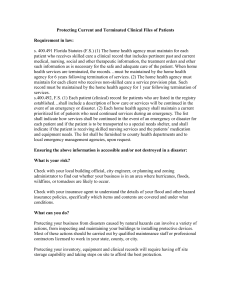Japan`s Initiative for Rio+20
advertisement
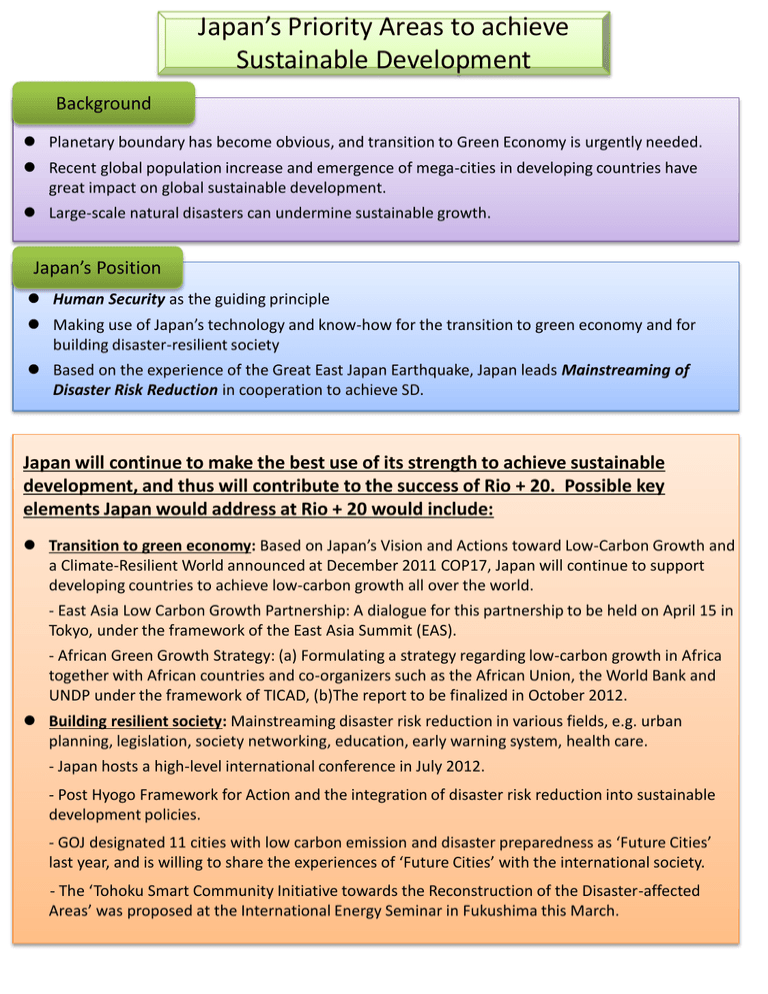
Japan’s Priority Areas to achieve Sustainable Development Background Planetary boundary has become obvious, and transition to Green Economy is urgently needed. Recent global population increase and emergence of mega-cities in developing countries have great impact on global sustainable development. Large-scale natural disasters can undermine sustainable growth. Japan’s Position Human Security as the guiding principle Making use of Japan’s technology and know-how for the transition to green economy and for building disaster-resilient society Based on the experience of the Great East Japan Earthquake, Japan leads Mainstreaming of Disaster Risk Reduction in cooperation to achieve SD. Japan will continue to make the best use of its strength to achieve sustainable development, and thus will contribute to the success of Rio + 20. Possible key elements Japan would address at Rio + 20 would include: Transition to green economy: Based on Japan’s Vision and Actions toward Low-Carbon Growth and a Climate-Resilient World announced at December 2011 COP17, Japan will continue to support developing countries to achieve low-carbon growth all over the world. - East Asia Low Carbon Growth Partnership: A dialogue for this partnership to be held on April 15 in Tokyo, under the framework of the East Asia Summit (EAS). - African Green Growth Strategy: (a) Formulating a strategy regarding low-carbon growth in Africa together with African countries and co-organizers such as the African Union, the World Bank and UNDP under the framework of TICAD, (b)The report to be finalized in October 2012. Building resilient society: Mainstreaming disaster risk reduction in various fields, e.g. urban planning, legislation, society networking, education, early warning system, health care. - Japan hosts a high-level international conference in July 2012. - Post Hyogo Framework for Action and the integration of disaster risk reduction into sustainable development policies. - GOJ designated 11 cities with low carbon emission and disaster preparedness as ‘Future Cities’ last year, and is willing to share the experiences of ‘Future Cities’ with the international society. - The ‘Tohoku Smart Community Initiative towards the Reconstruction of the Disaster-affected Areas’ was proposed at the International Energy Seminar in Fukushima this March.

